International Research Institute for Environment and Climate Change (IRIECC)
Organizational Structure
Mandate
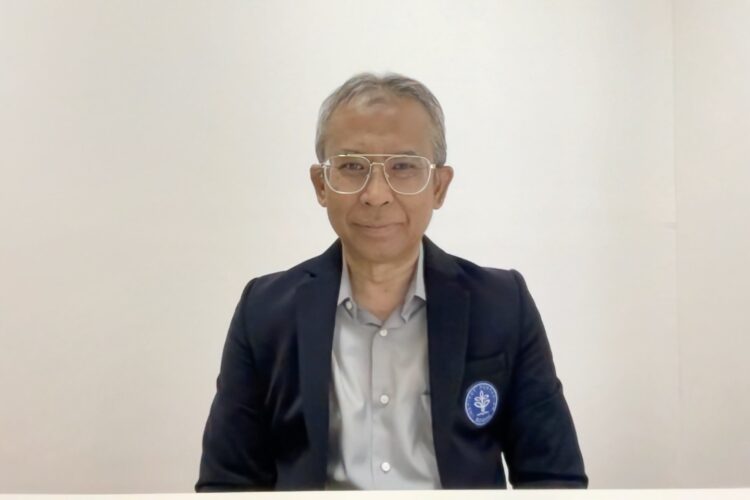
Prof. Dr. Ir. Rizaldi Boer
Head of Institution
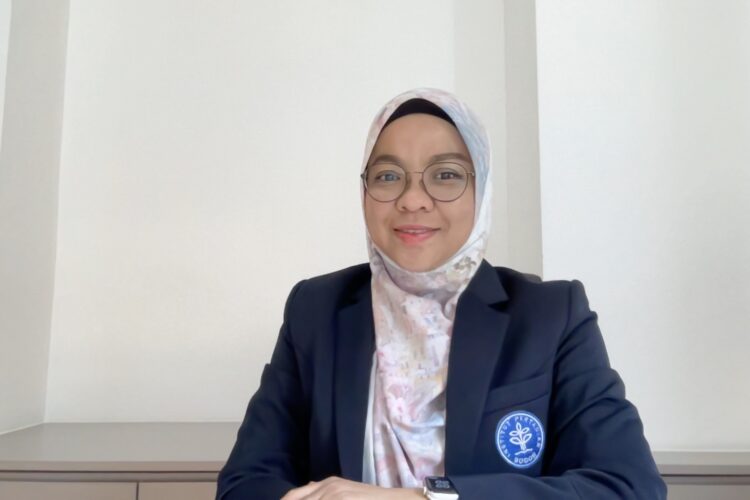
Prof. Dr. Syartinilia, S.P., M.Si.
Secretary
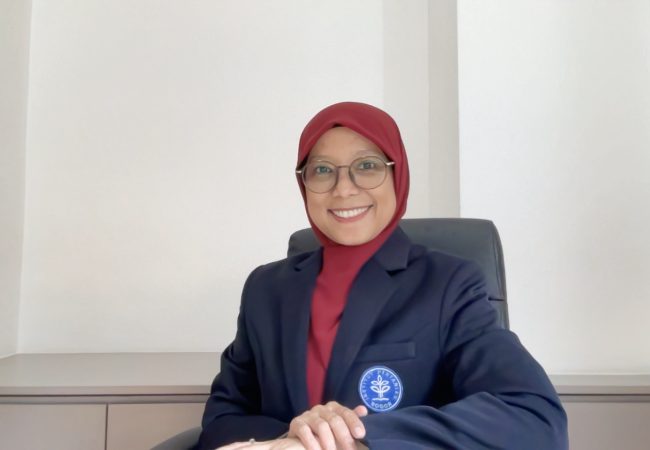
Nur Riana Rochimawati, S.T.P., M.Si.
Supervisor
The mandate of LRI Environment and Climate Change is to plan, strengthen and develop, pioneer cooperation, and coordinate and manage research administration, community service, and non-degree training related to global and local issues that can be raised to a global context in the field of terrestrial ecosystems and the complex interactions between environmental elements, including in environmental management policy efforts that combine various physical, chemical, biological, social, economic, and cultural aspects for sustainability purposes. It also includes an in-depth understanding of climate change and climate risk management for a sustainable future, as well as efforts to restore environmental damage including ex-mining land and holistic disaster management strategies. All focus on complexity-based sustainability supported by cross-disciplinary collaboration through a transdisciplinary approach to produce integrated knowledge.
- lri_iklim@apps.ipb.ac.id
- @iriecc_ipb
Center for Climate Risk and Opportunity Management in Southeast Asia and the Pacific (CCROM-SEAP)
The Center for Climate Risk and Opportunity Management in Southeast Asia and the Pacific (CCROM-SEAP) is a research center at the Bogor Agricultural University (IPB) established in 2008. Its main objective is to enhance the capacity of communities in Southeast Asia and the Pacific to understand the impacts of climate variability and change, and to manage the risks and opportunities that arise to improve human and environmental well-being.
Some of the main tasks of CCROM-SEAP include:
- Research and Development
- Partnership and Collaboration
- Capacity Building
- Monitoring System Development
- Engagement in Mitigation and Adaptation Programs
Through these initiatives, CCROM-SEAP plays a key role in helping communities and governments in Southeast Asia and the Pacific better prepare for the challenges posed by climate change.
- ccrom@apps.ipb.ac.id
- https://ccromseap.ipb.ac.id/
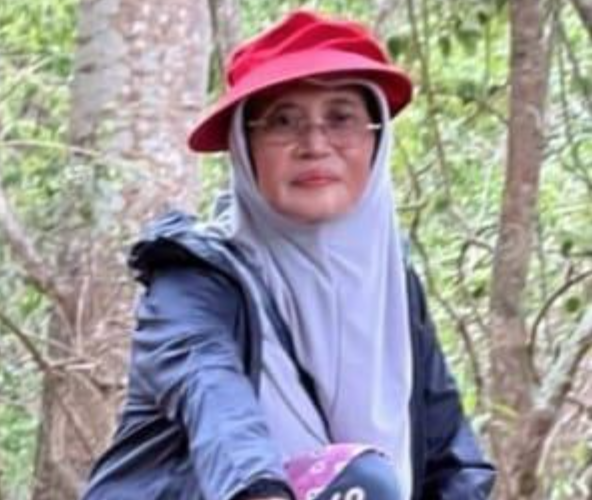
Dr. Ir. Rini Hidayati. M.S
Head of Center

Dr. Ir. I Putu Santikayasa M.Si
Secretary
Center for Sustainability and Transdisciplinary Science Studies
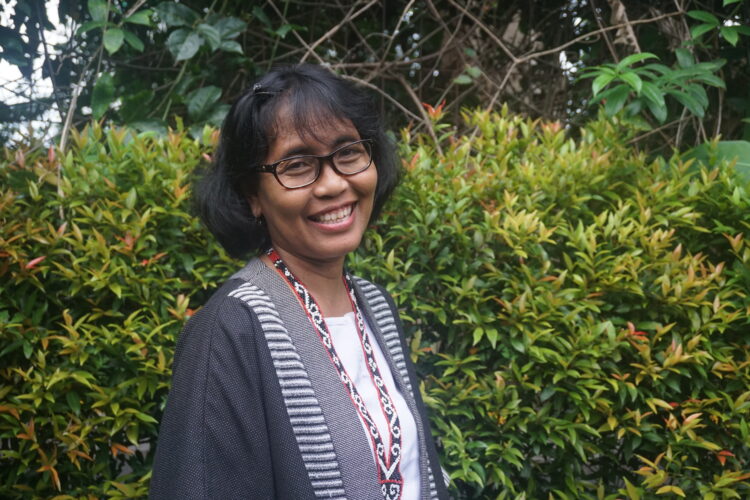
Prof. Damayanti Buchori
Head of Center
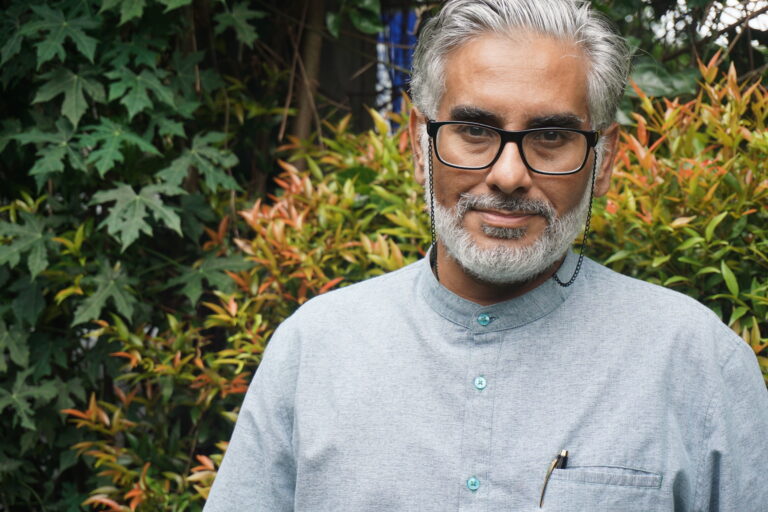
Prof. Husin Alatas
Secretary
Center for Transdisciplinary and Sustainability Sciences (CTSS) is a study center at IPB University established in January 2018. CTSS focuses on the development of sustainability science with a transdisciplinary approach, involving various disciplines and stakeholders to find solutions to complex problems related to the environment and socio-ecology.
- ctss@apps.ipb.ac.id
- https://ctss.ipb.ac.id/
- @ctssipb
Center for Environmental Research (CER)
The Environmental Research Center (CER) of IPB University, also known as the Center for Environmental Research, has the main task of sustainable environmental management and research. These tasks include:
- Production of Environmental Ideas and Policies
- Development of Biotechnology
- Facilitation of Education and Training
- Collaboration with Various Parties
- Management of Special Divisions
Through these various tasks, PPLH IPB plays a role as a credible and professional research center in the field of environmental science, supporting sustainable development through a scientific approach and involvement of various stakeholders.
- pplh@apps.ipb.ac.id
- https://pplh.ipb.ac.id/
- @pplhipb
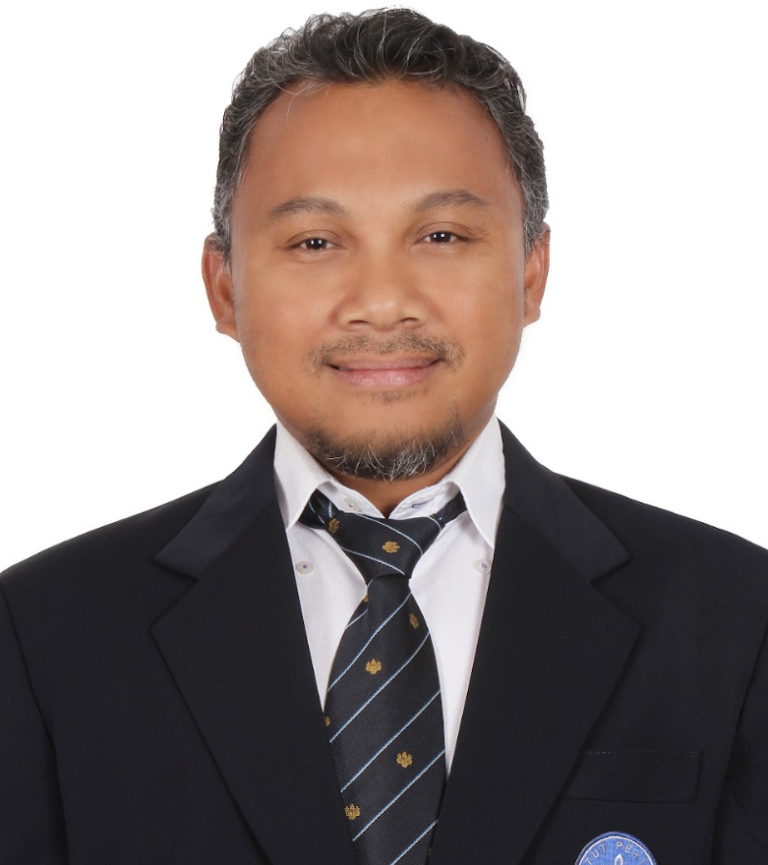
Dr. Yudi Setiawan, S.P., M.Env.Sc.
Head of Center
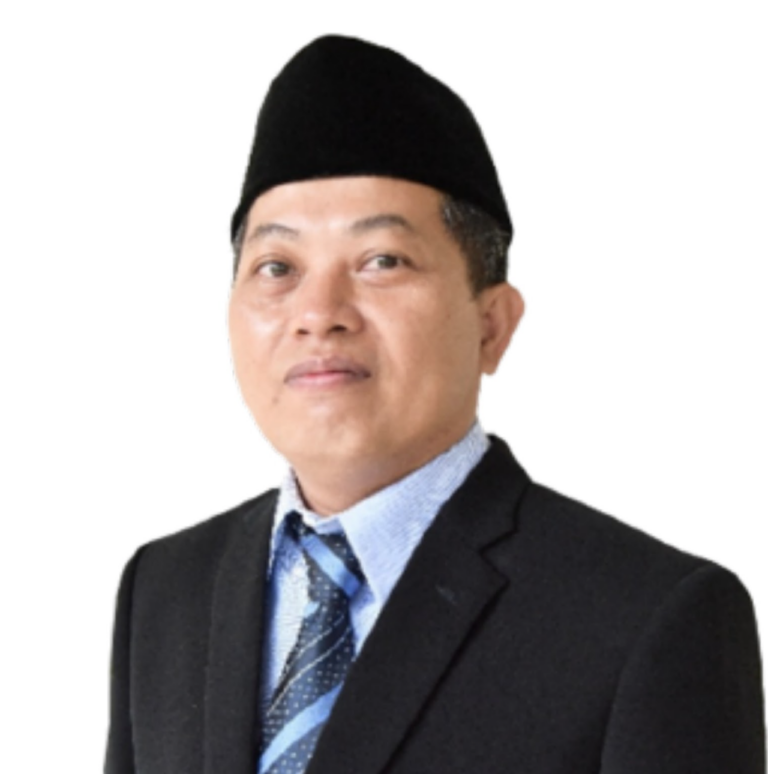
Dr. Liyantono, S.TP., M.Agr.
Secretary
The Disaster Studies Center
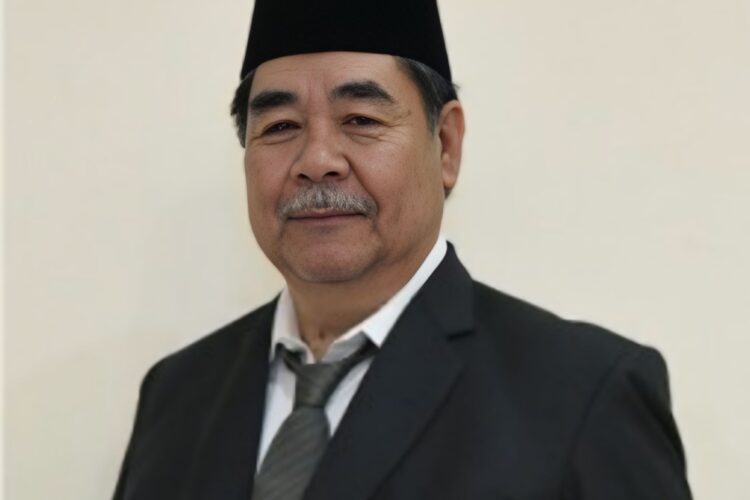
Prof. Dr. Ir. Bambang Hero Saharjo, M.Agr.
Head of Center
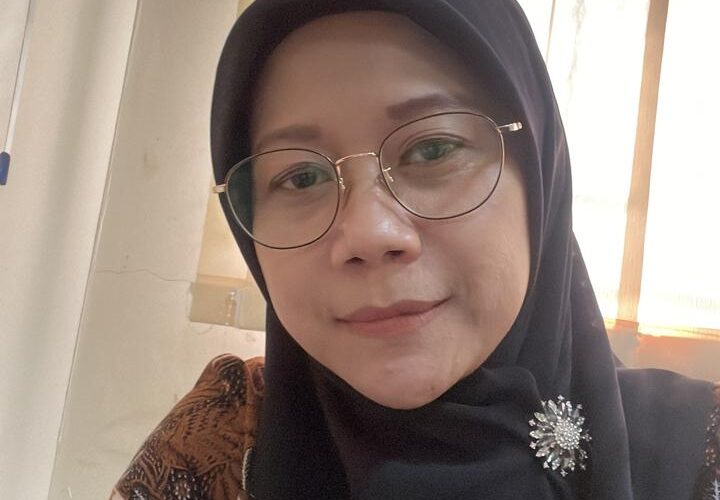
Dr. Ati Dwi Nurhayati, S.Hut., M.Si.
Secretary
The Center for Disaster Studies of IPB University plays an important role in disaster risk research and management in Indonesia. The main tasks of PSB include:
- Provision of Data and Information
- Analysis of Development Policies and Programs
- Development of Disaster Prevention Methods
- Formulation of Emergency Response and Rehabilitation Procedures
- Development of Community Recovery Models
- Increasing Community Awareness and Preparedness
In addition, PSB IPB University is active in disaster response actions. For example, in December 2018, PSB deployed the Sigap Action Team to help victims of the Sunda Strait tsunami by distributing aid and collecting data on affected locations. In October 2022, PSB conducted a study on food insecurity mitigation in the prospective capital city of the archipelago to ensure the security of food supplies in the area.
- psb@apps.ipb.ac.id
- https://psb.ipb.ac.id/
- @psb_ipb
Mine Reclamation Study Center (MRSC)
The Mining Reclamation Study Center (MRSC) IPB University is an institution dedicated to research, technology development, and community empowerment in efforts to reclaim post-mining land. Its main objective is to restore the ecological, economic, and social functions of post-mining land so that it can be reused sustainably. Reklatam’s main tasks include:
- Development of Reclamation Alternatives
- Land Use Design
- Community Institutional Development
- Scientific Research and Studies:
- Education and Training
- Organization of Scientific Forums
Through these various initiatives, Reklatam IPB University plays an active role in efforts to restore post-mining land, improve environmental quality, and develop community social responsibility to support sustainable development.
- reklatam_ipb@apps.ipb.ac.id
- https://reklatam.ipb.ac.id
- @reklatamipb
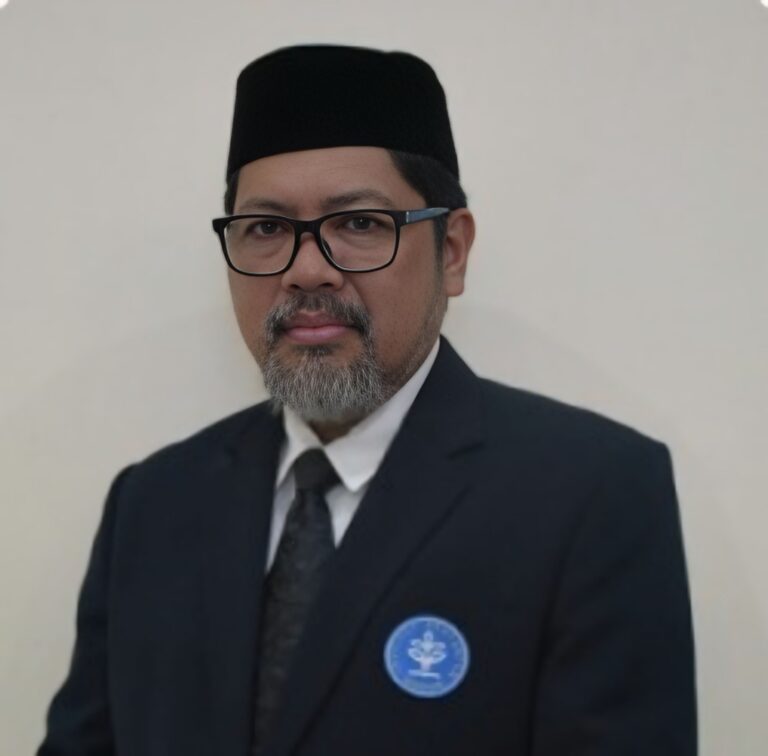
Dr. Ir. Irdika Mansur, M.For.Sc.
Head of Center
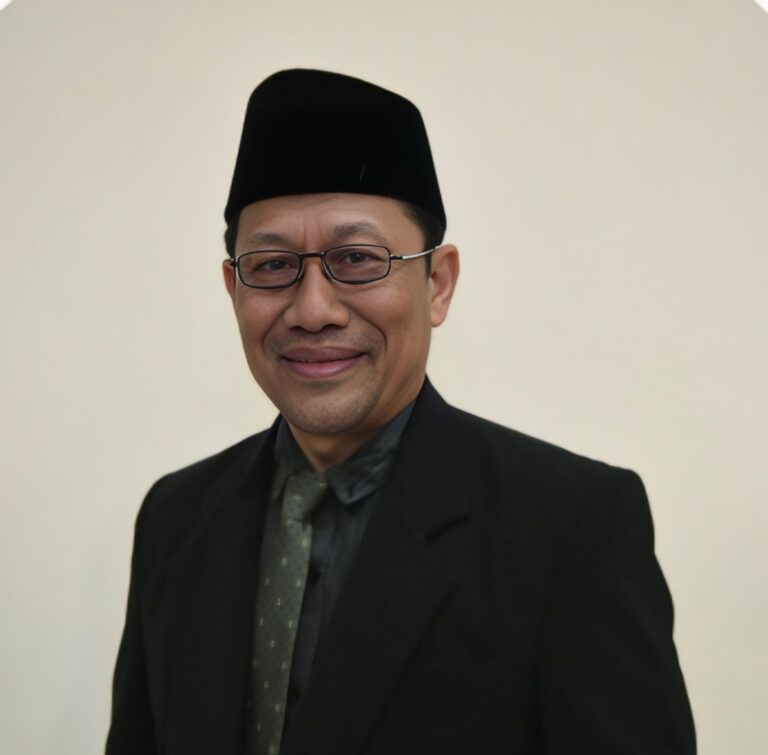
Ir. Hermanu Widjaja, M.Sc.Agr.
Sekretaris
